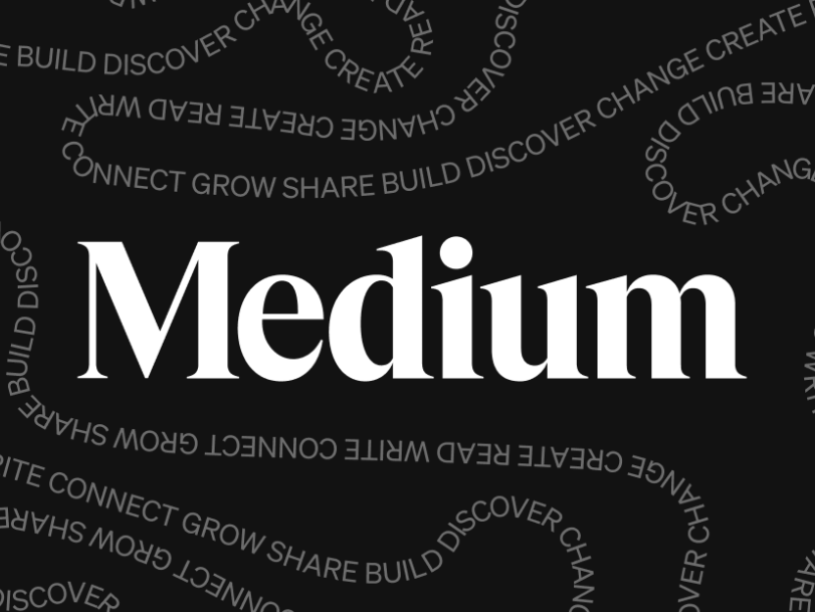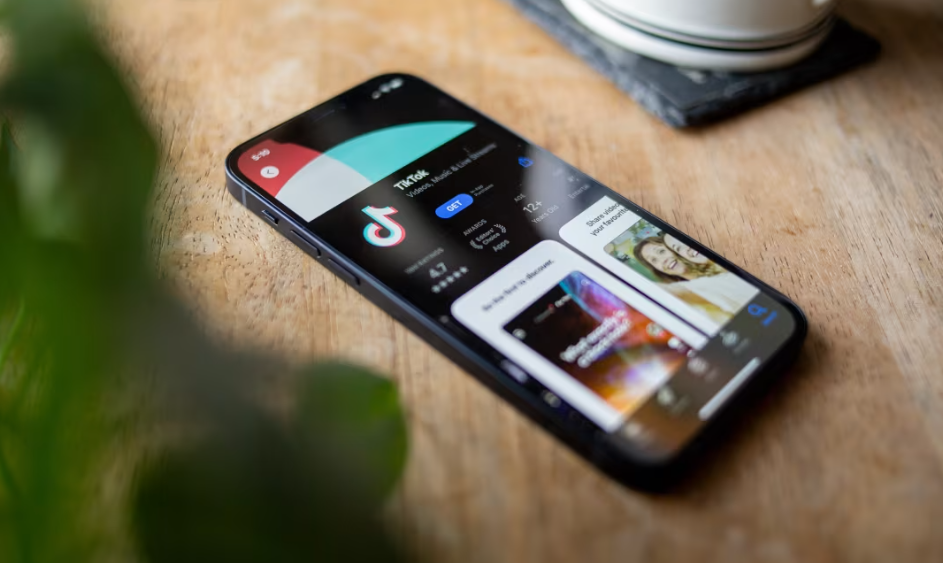- (un)conventional update
- Posts
- Founders: solve your problems from every angle
Founders: solve your problems from every angle
Here is my breakdown of how you can get better at handling problems and opportunities by thinking creatively.
Hey, Aaron here! Welcome to this bi-monthly startup newsletter. In each write-up, I tackle questions about building products, financial planning, growth, and raising capital! Today, we dive into -
Education: Your next networking hot spot
Opinion: The best founders sharpen themselves by solving problems from every angle
Notable News: Sequoia bets on silence, how Medium stop losing millions per month, and a new TikTok app may be coming
Education:
Your next networking spot: The bar
Opinion:
The best founders sharpen themselves by solving problems from every angle
One of the most valuable habits I’ve seen founders develop is the skill of thinking through problems in more than one way. Most people look at a problem once, decide what they’d like to do if they had the money, and then either spend too much or get stuck when resources run out.
But if you want to build real strategy muscles, you need to get comfortable with multiple versions of every solution.
I like to think of this process as sharpening yourself. Every time you force your brain to explore different paths, you get a little bit sharper for the next challenge. Over time, this becomes a huge advantage.
A Simple Exercise to Get Sharper
Whenever you face a problem — whether it’s building your MVP, launching a marketing campaign, or solving an operational headache — ask yourself three versions of the same question:
How would I solve this if I had no money and almost no resources?
What would I do if all I had was time, creativity, and a laptop? Could I test this idea for free? Could I pre-sell before building? Could I partner instead of paying?
How would I solve this if I had a little money to spend?
If you could afford maybe 20% of the “ideal” budget, where would you invest first? What’s the minimum paid help, tools, or services you’d bring in to improve speed or quality?
How would I solve this if I had all the money I could reasonably justify?
Imagine you raised your round or landed a big client. What does the best possible version look like? What would you build, automate, or upgrade right away?
This exercise forces you to get creative. It pushes you to see the full spectrum of options — from scrappy to premium. And it keeps you from defaulting to the most expensive path or the laziest shortcut.
More Money Isn’t Always the Answer
A lot of founders think money solves everything. But more money often just covers up sloppy thinking.
When you learn to think in constraints, you start to spot clever moves others miss.
You figure out how to pre-sell before you invest.
You find partners who will share resources.
You discover simpler, faster ways to test demand.
You get comfortable doing things manually at first, then layer in systems when you’ve proven it works.
The more you practice this, the more confident you’ll feel when real challenges come up. You’ll know you have more than one way to solve almost any problem.
Strategy Is Built Through Reps
Every time you work through this exercise, it’s like dragging your skill across a whetstone.
One pass might not make a big difference. But over months and years, the habit of thinking in options will make you sharper, calmer, and more strategic than founders who only know how to throw money at problems.
This is how you build the muscle to adapt — whether you’re running lean or sitting on fresh funding.
My Takeaways (TLDR)
Practice the three-option exercise. Every time you face a decision, write down how you’d handle it with no budget, a small budget, and a full budget.
Look for creative trade-offs. Sometimes the best answer isn’t spending more—it’s spending differently.
Track your ideas. Keep a record of options you didn’t choose. You might come back to them later.
Remember: constraints build skill. Don’t avoid them. Use them to get stronger.
Bottom line:
Money helps, but strategy matters more. The more ways you learn to solve problems, the sharper you become — and the better prepared you’ll be for the challenges ahead.
Notable News
How are you feeling about today's opinion piece?Your feedback helps me deliver more valuable content to your inbox! |
That’s It For Today!
Consulting || Resources || Community
Written By Aaron @(un)conventional Team


